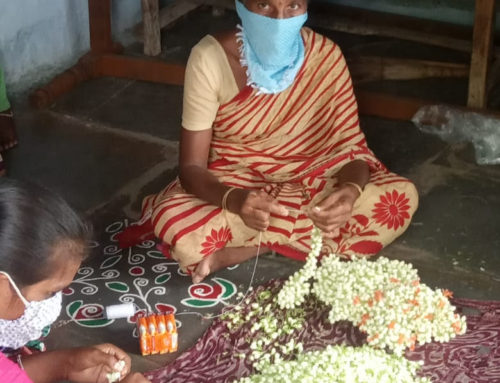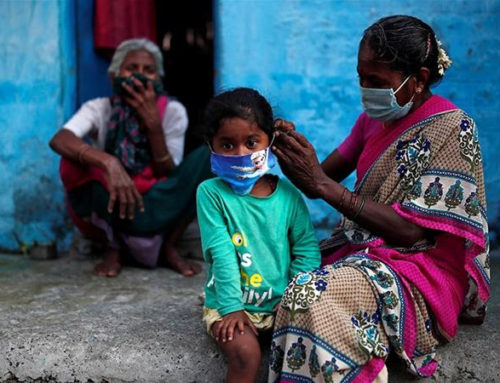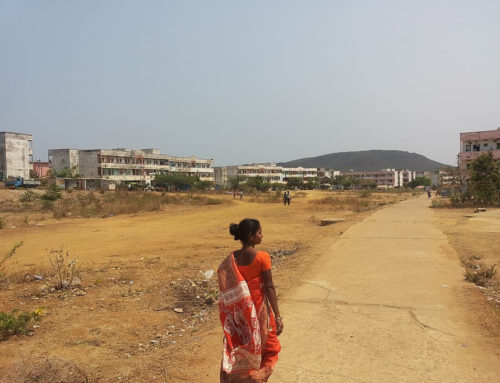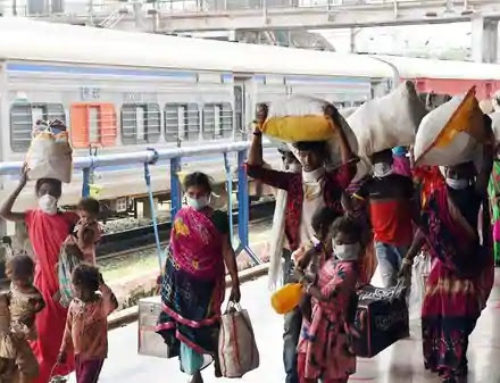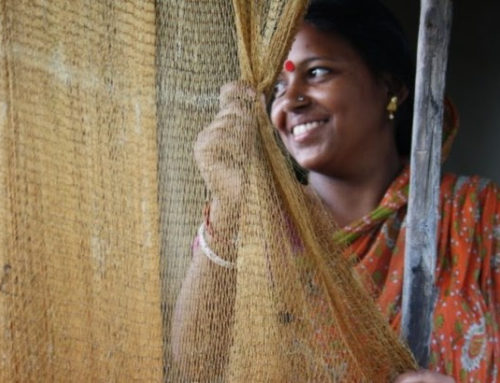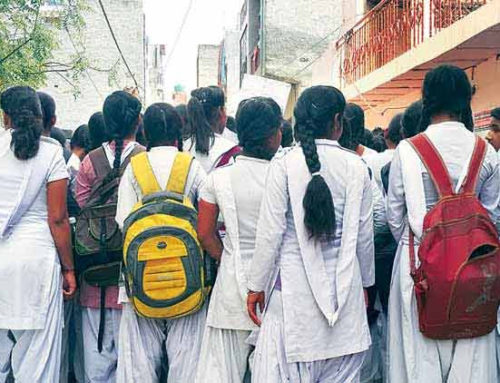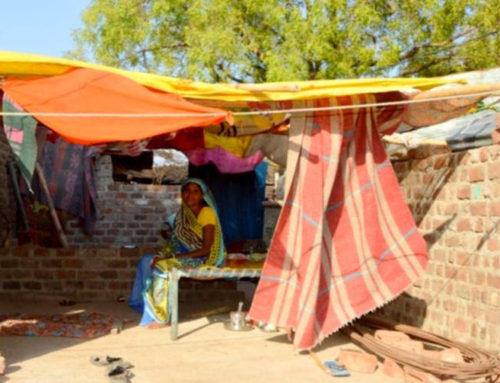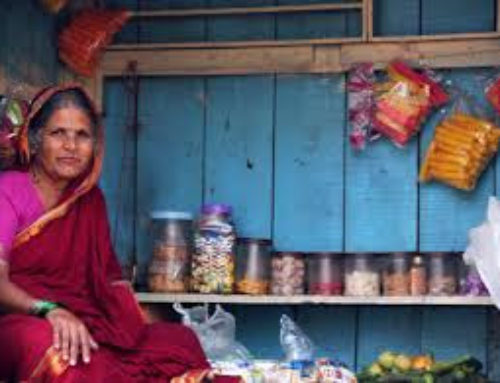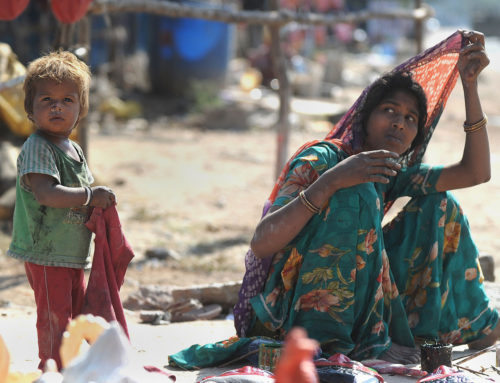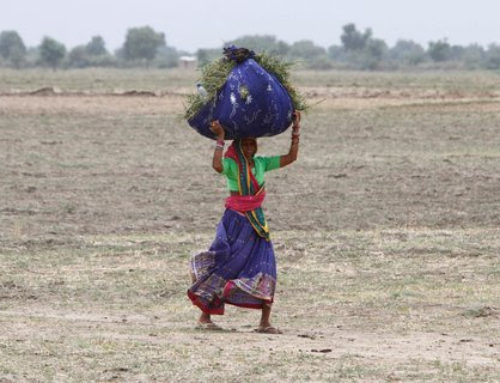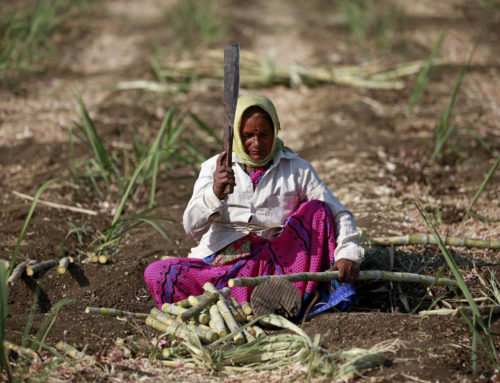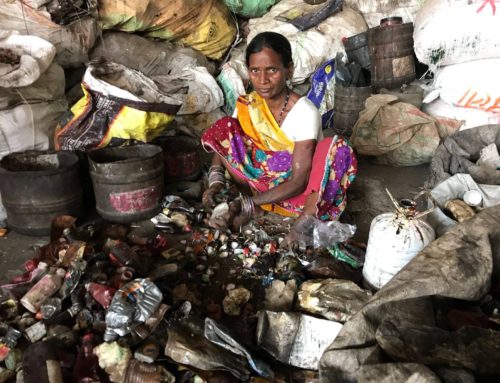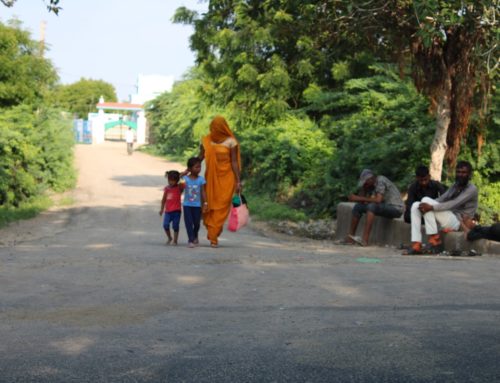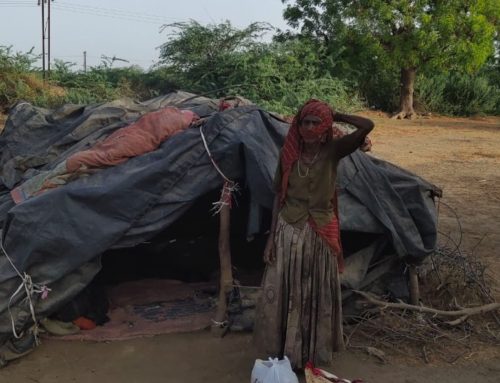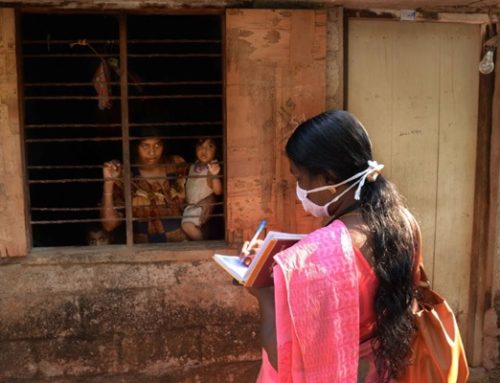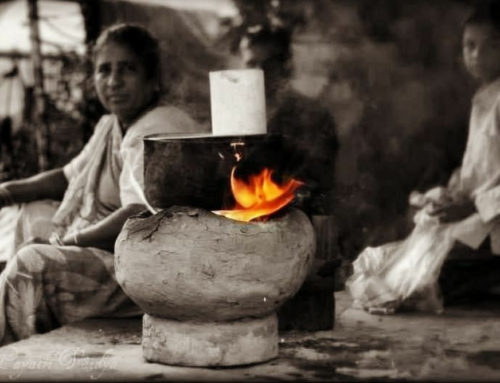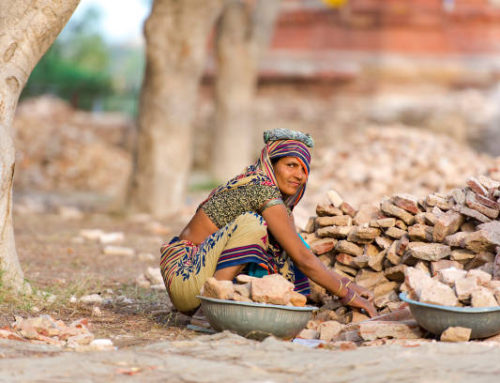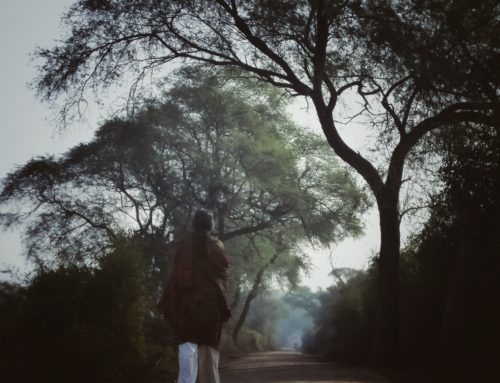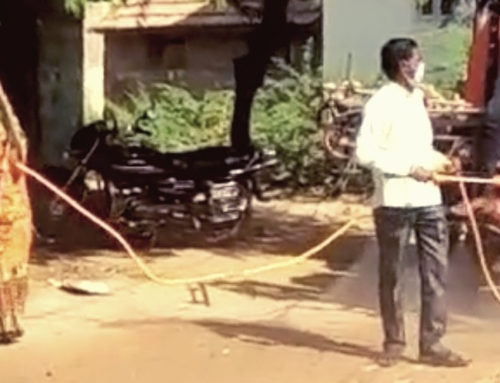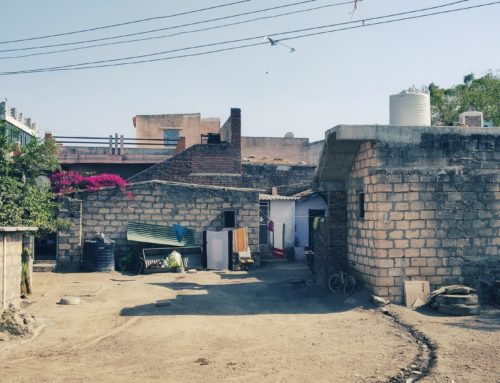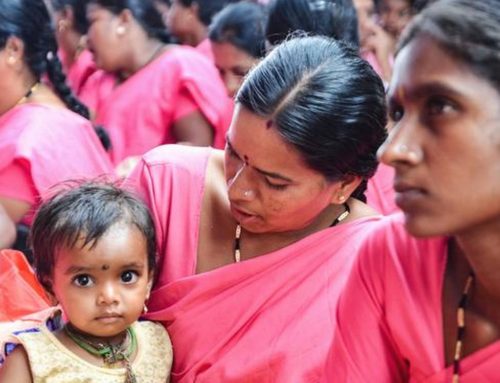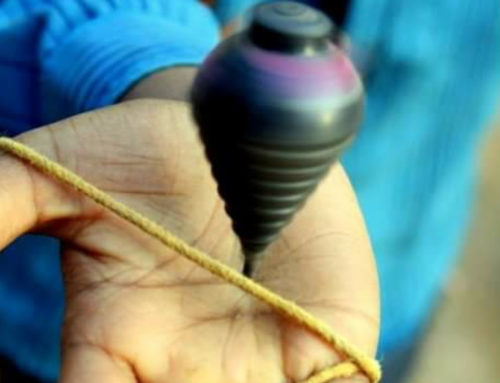Dipti is an ASHA supervisor in a village in Sidhpur – a block in the Patan district of Gujarat. She got married when she was 18 and now has 4 daughters. Her husband has always been a distrustful man, checking on her constantly. He has been mentally and sexually abusive towards her for a long time now. He assaults her sexually and if she resists he accuses her of not wanting to have sex with him because she is sleeping with other people. He humiliates Dipti by asking her male colleagues questions like why they called, what they want, making their conflicts a public affair.
According to Dipti, it has gotten worse in the last few months. Now with the lockdown, he has more access to her. His increased surveillance on her is preventing Dipti from seeking help. It took her days took days to call and speak, about her condition to the counsellor from the MahilaSahayata Kendra at the General Hospital in Sidhpur, too, since she couldn’t find time and space to make a call without her husband’s prying. During this lockdown, he receives her phone calls and asks people for justification for calling his wife.
Dipti’s in-laws sympathise but do not support in any other way as they feel that he has and always will be this way and Dipti is the one who needs to adapt and adjust. She does not want to go to her parents because she does not want to burden them with her problems. With grown daughters in the house, this is a very distressing situation for Dipti and the children alike.
India’s Shadow Pandemic
The cases of Domestic Violence in rural India seem to follow a script – pre-existing abuse, increased surveillance, and heightened mental, physical and sexual trauma for the lack of meaningful relationships. Bystander effect, too,is high in these cases, with families being mute spectators to the blatant abuse. Government’s answer to this includes setting up of helplines, but according to a study in 2018, not more than 38% of women in the country own a mobile phone. And even for the ones that do, being shadowed by the abuser makes it hard for them to seek help. If this is the state of ASHA workers, women deployed by the State to help other women, we can only imagine the condition of those who are much less enabled.


